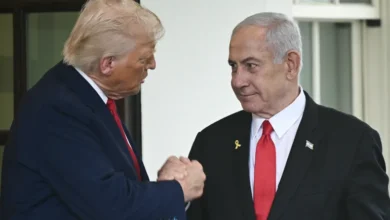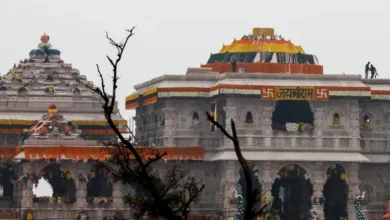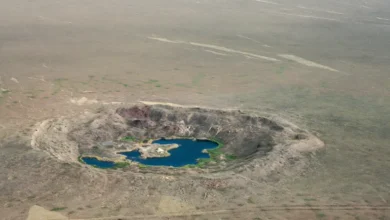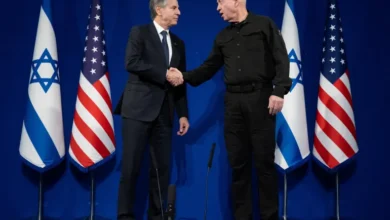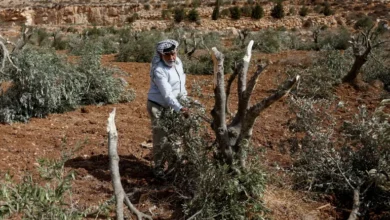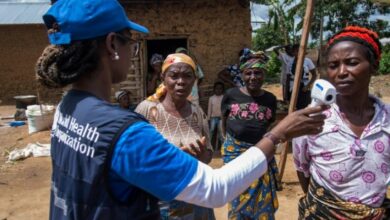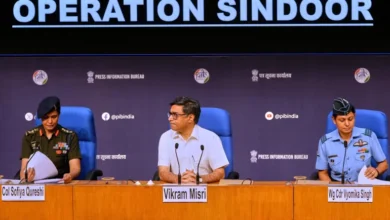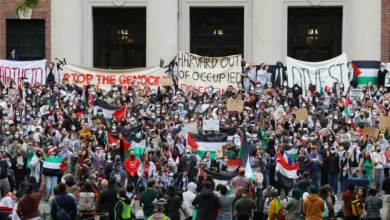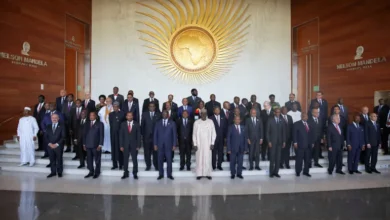No food, no sleep, no hope in Gaza
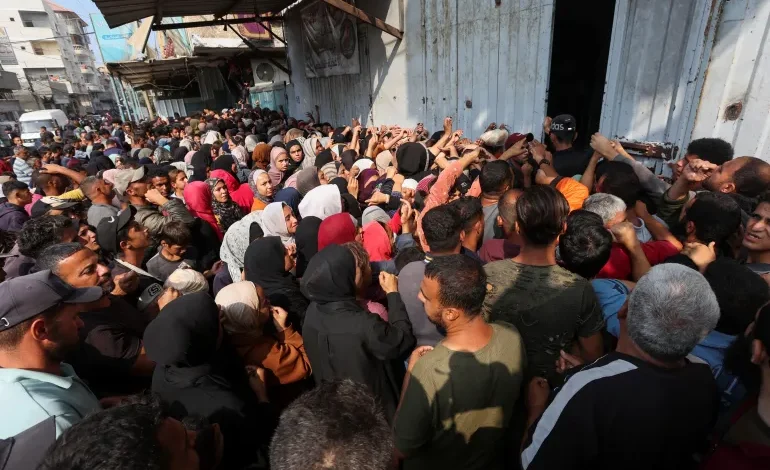
I have spent a total of four years in Gaza, six months of them during the ongoing war. I have never felt so helpless in the face of the formidable war machine that shoves a new bullet into its gun as soon as it has fired the previous one, while having a seemingly unlimited supply of ammunition.
In September, I spoke to a matriarch who ran a shelter for displaced people in Khan Younis. I asked her what hope she had about the prospect of peace. She pointed at a small girl holding her mother’s hand and sucking her thumb. “Her father was killed when their house was bombed five days ago, and they’ve not been able to retrieve his body from the rubble because the area is under constant fire,” she said. “What hope?”In hopeless Gaza, sleep is among the most precious commodities. Back in January, we would run to the window to watch the plume of smoke painting the sky after a particularly loud and close hit. But with time, they have become so commonplace that hardly anyone bothers to look any more.
On an average night in my neighbourhood in Deir el-Balah, bombardment would start at night, just as people would prepare to try to sleep. We would hear the whistling of a missile and then a loud explosion, shaking the windows. The blast would wake up the local dogs, the donkeys, the babies and any other soul who dared to sleep, starting a chain reaction of barking, crying and other agitated noises. More bombs would come that would then be followed by various types of gunfire until all quiets down for a short while. The dawn call to prayer would usually trigger another series of attacks.
The apocalyptic scenes that everyone sees on TV are even more harrowing in person. I often find myself deleting photos and videos from my phone because the camera does not do justice to just how grotesque the surroundings appear to the naked eye.
In person, the visuals are accompanied by a slew of sounds. This includes the now-daily ritual of people fighting for bread at the nearby bakeries as food supplies are dwindling, amid the almost total cut-off of commercial goods and the persistent and paralysing restrictions on the entry of humanitarian assistance. Just the other week, a woman and two girls suffocated after being trampled in front of a bakery when a fight broke out because there was not enough bread for everyone.My dear friend Khaled, who runs community kitchens across Gaza, worried that soon there would be no food at all and his kitchens would have to close. I struggled to find anything helpful to say to him given the reality around us and would cry every time we spoke, as I too was losing hope. “Don’t cry, Olga,” he always said. “Be strong, like we are.” Indeed, the strength of Palestinians is unparalleled.
